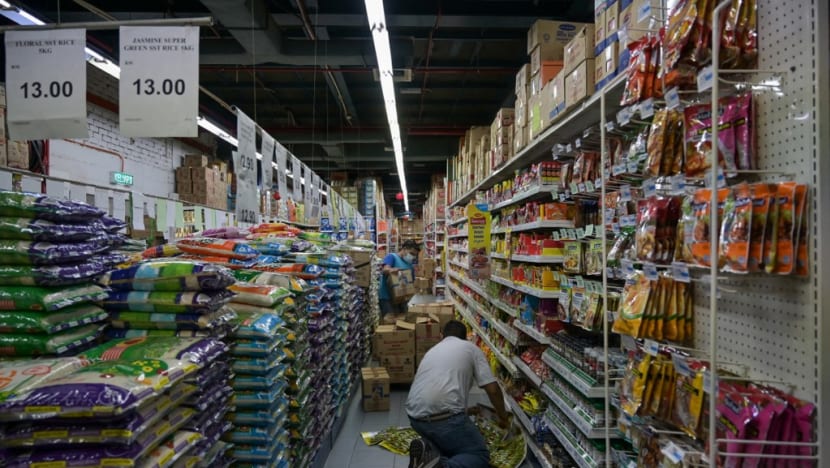
KOTA KINABALU— The Malaysian government has set aside RM680 million (US$162 million) to ensure price standardisation and price stabilisation for essential goods, said Domestic Trade and Consumer Affairs Minister Alexander Nanta Linggi.
A total of RM400 million has been set aside for the cooking oil price stabilisation programme and RM40 million for the general use flour subsidy programme, Mr Nanta Linggi told reporters after an event at Pasar Besar Kota Kinabalu on Monday (Jan 17).
He said another RM240 million would be allocated for the implementation of the price standardisation programme, which included the distribution of essential goods, liquefied petroleum gas and community drumming programme, Bernama reported.
Through the programmes, the government would also bear the cost of transportation to deliver seven controlled items from suppliers in the city to selected rural areas, Mr Nanta Linggi was quoted as saying.
He said the implementation of the programmes could ensure that the goods were sold at the set prices as the delivery costs would be borne by the government.
The minister said that altogether there would be 2,005 points of sales nationwide where the essential goods would be delivered by the transporters, recorded and sold to the local communities.
This was to ensure that the local communities can also enjoy the same prices as in the cities, he added.
Meanwhile, major retailer Ameer Ali Mydin who runs a chain of Mydin department stores said that the prices of dry goods and clothing were expected to rise by up to 10 per cent due to higher costs faced by manufacturers and coupled with international trade issues.
Mr Ameer Ali said that he expected the prices of dry goods — such as biscuits, sardines and Milo drinks — to increase between eight and 10 per cent this year.
The Star reported him as saying that many manufacturers told him that prices would increase due to the hikes in raw material prices and logistic costs.
Malaysian consumers have been bracing for expected increases in essential goods, including food stuffs, ahead of the Chinese New Year next month.
Recent floods and bad weather in parts of Malaysia have also disrupted the supply chain for food and essential goods.
In December, Prime Minister Ismail Sabri Yaakob said that rising prices of essential goods in Malaysia were not caused by traders, but by costs accumulated at various levels of the supply chain.
He called on the Ministry of Agriculture and Food Industries to cooperate with the Domestic Trade and Consumer Affairs Ministry to resolve the issue.
At the same time, the government also needed to seriously look into the issue regarding the involvement of middlemen, he added.
Mr Ismail Sabri said that Malaysia would also import frozen chicken, so as to enable people to buy chicken at a lower price.

Leave A Comment